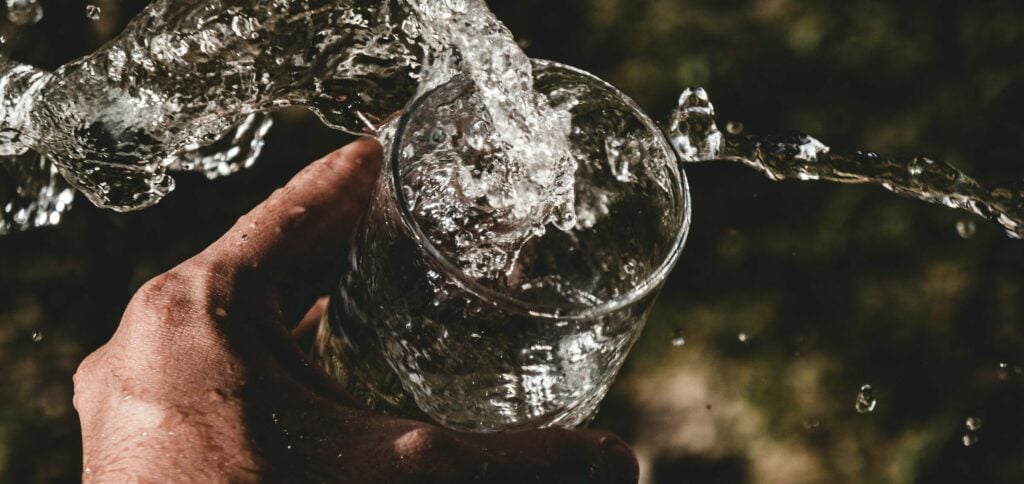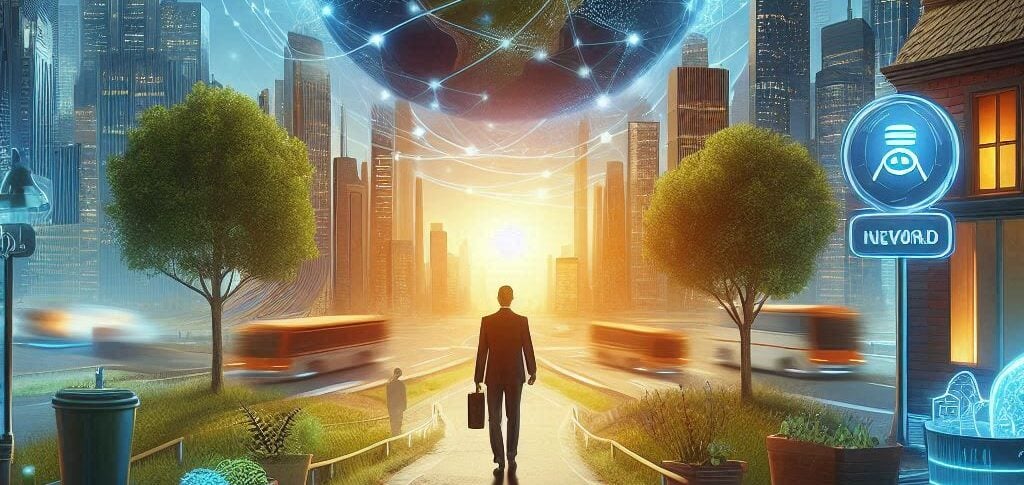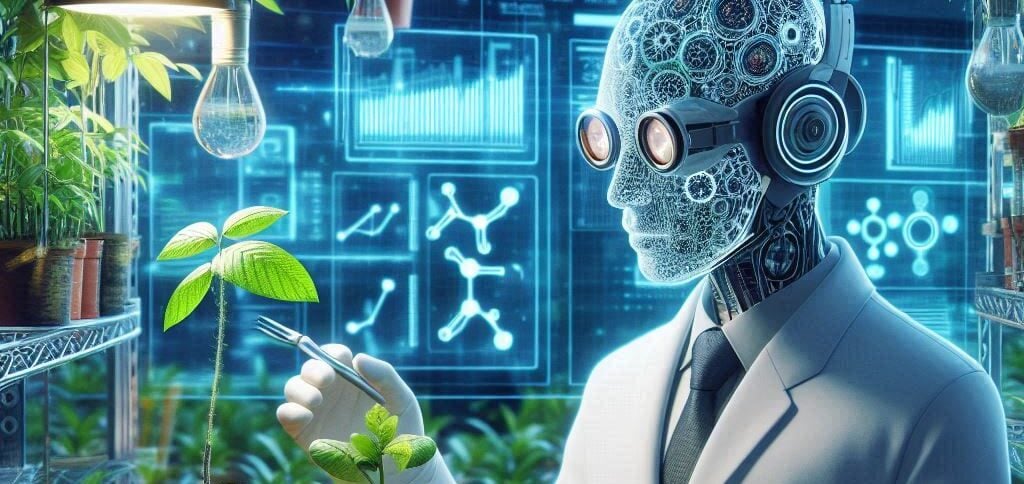🚰 3,6 billion people have inadequate access to water at least one month a year
The World Meteorological Organization (WMO) launched, this Tuesday (29), its first Global Report on Water Resources. According to the publication, the world was drier than normal in 2021, impacting economies, ecosystems and the lives of the population.
ADVERTISING
The document “State of Global Water Resources 2021” reveals the availability of water in different parts of the world.
The WMO warns that around 3,6 billion people have inadequate access to water at least one month a year and that this is expected to increase to more than 5 billion by 2050.
The report aims to better understand changes in the distribution, quantity and quality of freshwater resources. This will influence investments in climate adaptation and mitigation, as well as the United Nations campaign to provide universal access, over the next five years, to early warnings of hazards such as floods and droughts.
ADVERTISING
💧 Amazon promereplenish all the water you use by 2030
A Amazon Web Services promeyours to replenish the water that its huge data centers consume by 2030.
The world's leading cloud provider announced, in an announcement unveiled on Monday (29), new replenishment projects in India, the United Kingdom and the United States to bring much-needed clean water to communities around the world.
The same commitment has already been made by Microsoft Body. O Google, in turn, promethy offset 120% of its water usage and revealed, last week, that its global data centers consume 4,3 billion gallons of water per year.
ADVERTISING
☀️ Does external air conditioning harm the environment?
Even though Qatar is one of the hottest countries in the world, the teams and their fans are not feeling hot at this World Cup. The reason? The stadiums, built especially for the competition, are air-conditioned with a external air conditioning system.
But is outdoor air conditioning bad for the environment? A report from TEAM (*) says yes.
According to the publication, external air conditioning is even worse than internal air conditioning, as it requires greater energy use to air-condition the environment. The article also reinforces that Qatar's largest source of energy is fossil fuels.
ADVERTISING
Access the report and find out more details about the subject, after all, in a world where temperatures keep rising – as a result of global warming -, will external air conditioning be a new trend?
👚 Make your laundry more sustainable
While many people focus on manufacturing when calculating the environmental impact of their clothes, machine washing and drying garments can often be an important source of pollution and emissions.
According to experts consulted in a report from The Washington Post (*), the impacts of laundry can be “of the same order of magnitude” as the clothing production phase.
ADVERTISING
Simple changes to your laundry routine can go a long way toward reducing polluting emissions, saving money, and taking better care of your clothes. Check out!
♻️ Biodegradable plastic made in Brazil
Earth Renewable Technologies (ERT) is the first company in Latin America to produce resins for biodegradable plastics on an industrial scale.
Resins serve as raw material for plastic packaging and can go straight to organic waste, decomposing in up to two years — a fraction of the centuries of traditional plastic, made from petroleum derivatives.
Resins, which serve as raw material for plastic packaging, can go straight to organic waste, guilt-free. They decompose in up to two years — a fraction of the centuries of traditional plastic, made from petroleum derivatives.
ERT's bioplastic is manufactured in the state of Paraná, from lactic acid obtained by sugar fermentation. One of the startup's main differentiators is being able to make a resistant and non-brittle bioplastic, which can also be used in rigid packaging.
Read also
Curto Verde is a daily summary of what you need to know about the environment, sustainability and other topics linked to our survival and that of the planet.
(🚥): may require registration and/or signature
(🇬🇧): content in English
(*): content in other languages is translated by Google Tradutor





